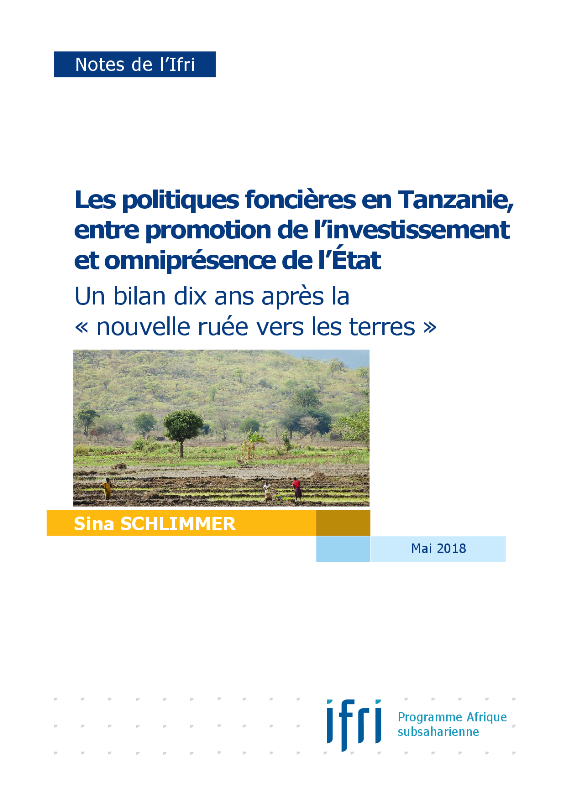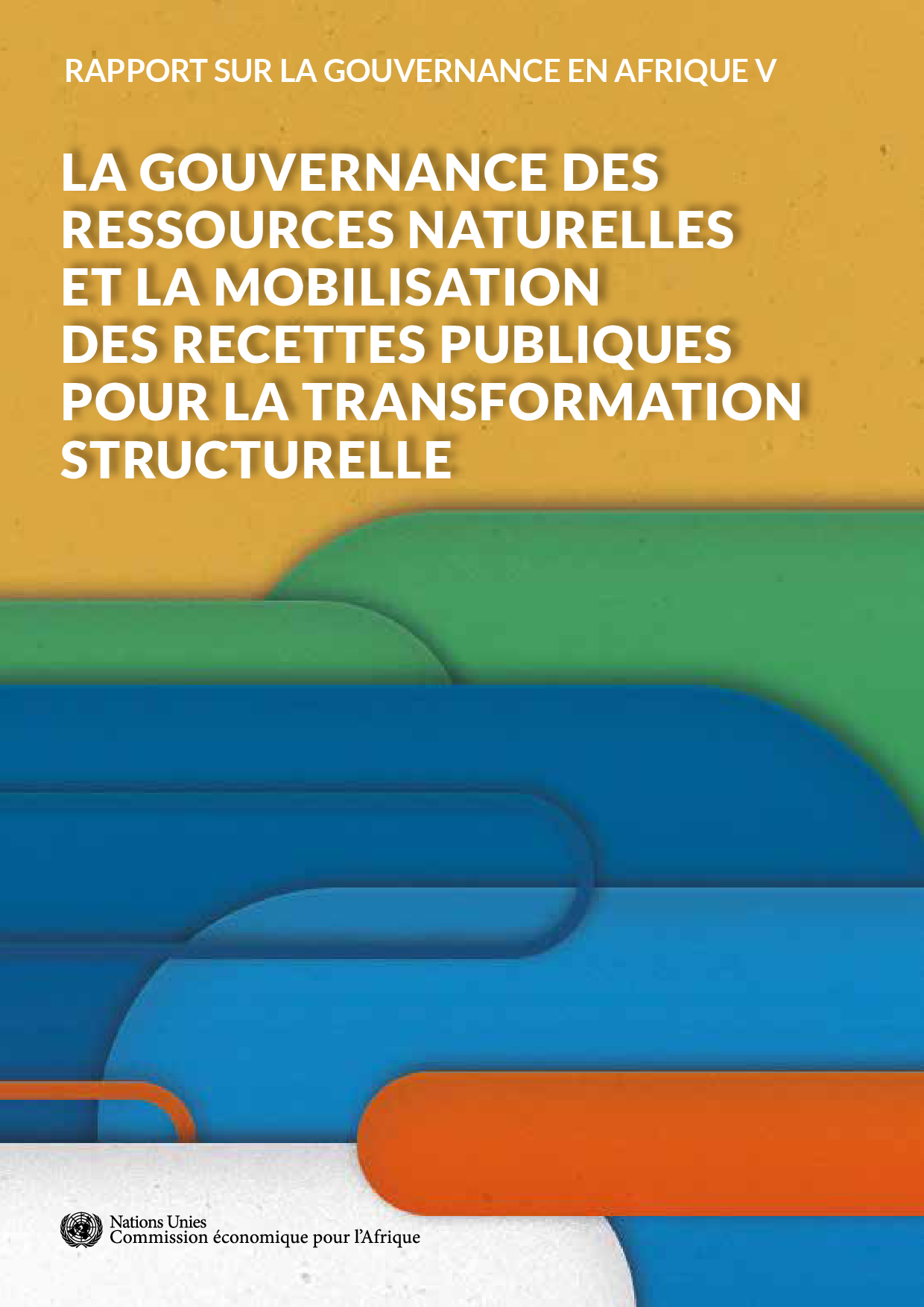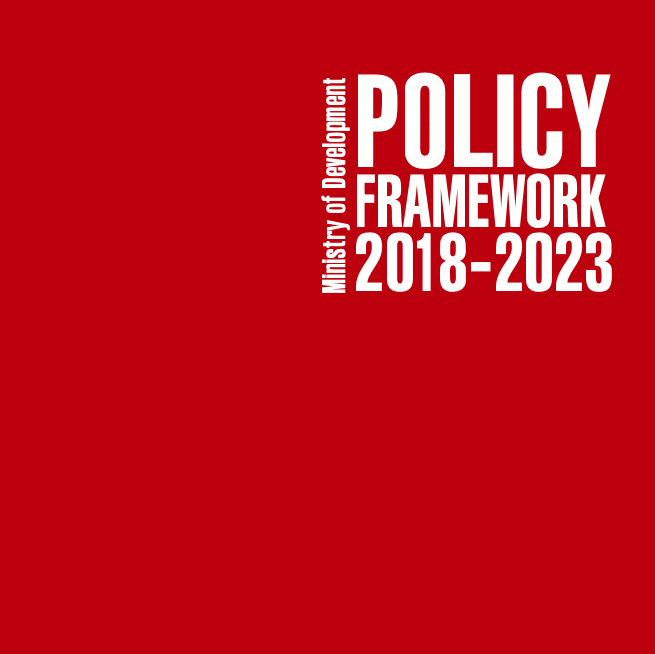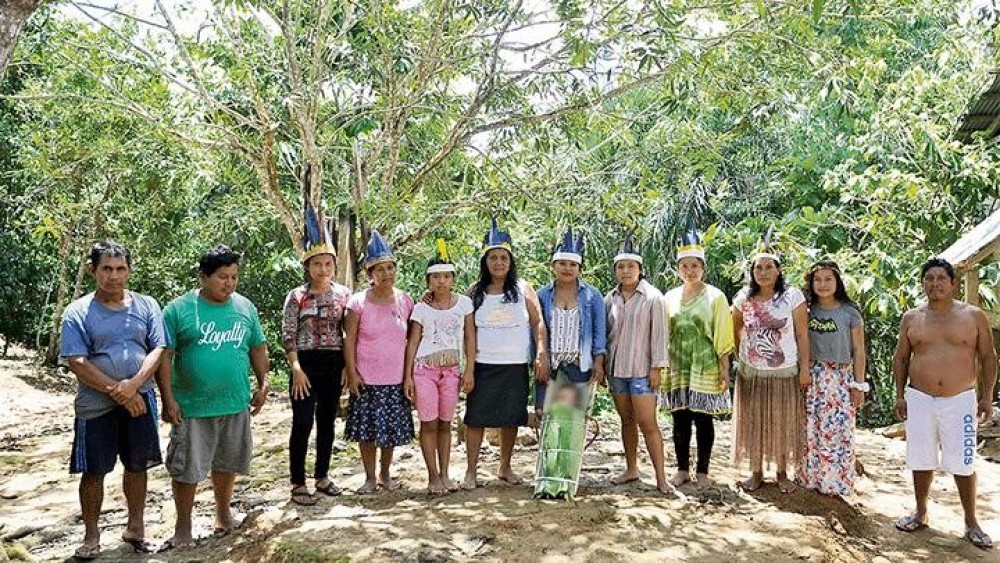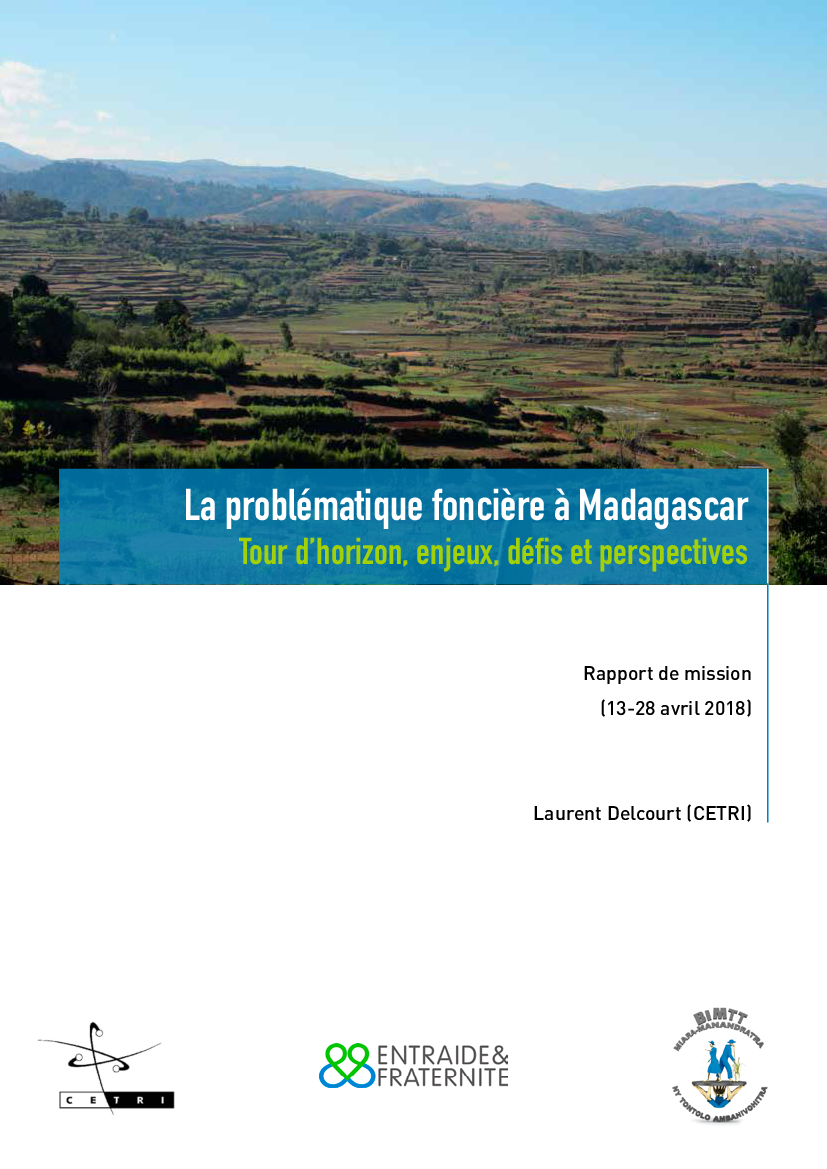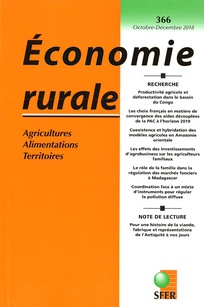Les politiques foncières en Tanzanie, entre promotion de l’investissement et omniprésence de l’État
Rapport sur la gouvernance en Afrique V - La gouvernance des ressources naturelles et la mobilisation des recettes publiques pour la transformation structurelle
Ministry of Development Policy Framework 2018 - 2023
THE Ministry of Development (MoD)’s Policy Framework and Strategic Plan 2018-2023 is a comprehensive plan that outlines the policy direction in priority areas and provides strategy and implementation arrangements from aspects of land use planning, infrastructure development and environmental management so that they are closely coordinated with the country’s socio-economic development in line with duties and responsibilities towards the realisation of Brunei Vision 2035.
Independent data for transparent monitoring of greenhouse gas emissions from the land use sector – What do stakeholders think and need?
The agriculture, forestry and other land use (AFOLU) sectors contribute substantially to the net global anthropogenic greenhouse gas (GHG) emissions. To reduce these emissions under the Paris Agreement, effective mitigation actions are needed that require engagement of multiple stakeholders. Emission reduction also requires that accurate, consistent and comparable datasets are available for transparent reference and progress monitoring.
GlobeLand30 shows little cropland area loss but greater fragmentation in China
Understanding of cropland dynamics in a large geographical extent is mostly based on observations of area change, while the changes in landscape pattern are hardly assessed. The total amount of cropland in China has remained relatively stable in recent years, which might suggest there was little change. In this analysis, we combine the number of cropland patches (NP) with the total cropland area (TA) for a more comprehensive characterization of cropland change in China.
Models meet data: Challenges and opportunities in implementing land management in Earth system models
As the applications of Earth system models (ESMs) move from general climate projections toward questions of mitigation and adaptation, the inclusion of land management practices in these models becomes crucial. We carried out a survey among modeling groups to show an evolution from models able only to deal with land-cover change to more sophisticated approaches that allow also for the partial integration of land management changes. For the longer term a comprehensive land management representation can be anticipated for all major models.
The spatial sorting of informal dwellers in cities in developing countries: Theory and evidence
We propose a theory of urban land use with endogenous property rights that applies to cities in developing countries. Households compete for where to live in the city and choose the property rights they purchase from a land administration which collects fees in inequitable ways. The model generates predictions regarding the levels and spatial patterns of residential informality in the city. Simulations show that land policies that reduce the size of the informal sector may adversely impact households in the formal sector through induced land price increases.
Vida plena y rescate cultural en el territorio ancestral del pueblo Harakbut
Mientras Anämëi se alejaba, se iba hundiendo lentamente enla tierra como despidiéndose. Si vuelve a ocurrir un incendiode esa magnitud, los Harakbut tenemos la seguridad de quevolverá otra vez para salvarnos
La problématique foncière à Madagascar : Tour d’horizon, enjeux, défis et perspectives
Les effets des investissements agrobusiness au Sénégal et la régulation des marchés fonciers à Madagascar: nouveau numéro de la Revue d’économie rurale
Date: 2018
Source: Foncier & Développement
Par: Société française d'économie rurale
Ce nouveau numéro de la Revue d’Economie Rurale aborde les cas des investissements agrobusiness au Sénégal et de la régulation des marchés fonciers à Madagascar. Présentation de ces deux articles en quelques lignes :
Critical factors for crop-livestock integration beyond the farm level: A cross-analysis of worldwide case studies
Despite their recognized agricultural sustainability benefits, mixed crop-livestock farms have declined in the Northern hemisphere. As such, crop-livestock integration beyond the farm level is a promising alternative to this trend, but the knowledge of critical factors and strategies towards its successful implementation is still lacking. We developed an analytical framework to assess the critical determinants of the emergence and outcomes of integration, which helped us understand farmers’ collective strategies for reducing integration transaction costs.

